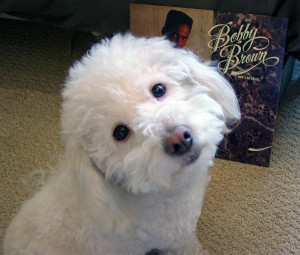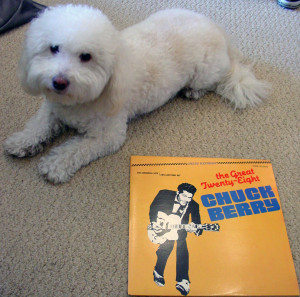Billboard magazine’s first disco chart was published in October of 1974. Its #1 song was “Never Can Say Goodbye” performed by Gloria Gaynor. That record stayed on top for four weeks, soon crossing over to the pop chart, where it peaked at #9.
An eighteen-plus minute medley of “Honey Bee,” “Never Can Say Goodbye” and “Reach Out, I’ll Be There” reached #2 on the Disco chart in early 1975, leading to Gaynor being named “Queen of the Discos” by the National Association of Discotheque Disc Jockeys in March of that year.
Six more top ten disco hits followed in 1975 and 1976, but then her fortunes dried up. Her sole entry on the Disco chart in 1977 reached only #38. Her next charted disco single was over a year later, and peaked at #24. By this point, Donna Summer was the new Queen of Disco. Summer was also crossing over onto the pop chart, while Gaynor’s sole top 40 pop single was “Never Can Say Goodbye.” She failed to crack the Hot 100 in 1976 and 1977.
Her record company, Polydor, reached out to producer Dino Fekaris and asked him to produce for Gaynor a cover of the Righteous Brothers track “Substitute,” then a recent hit overseas for a group called Clout.
Fekaris was a staff songwriter at Motown Record for almost seven years before the company let him go. Determined not to let that career setback derail him, Fekaris got together with his songwriter and production partner Freddie Perren, who also had a stint at Motown, and wrote a song about getting over the fear of the unknown and surviving what life throws at you. They wanted a woman to record the track, but didn’t have anybody in mind. They decided to give the song to the next diva they work with. That’s when Polydor called with the Gaynor gig.
As requested by her label boss, Gaynor recorded “Substitute” to be the A-side of her next single, but the song about survival, which she recorded to be the record’s B-side, really resonated with her. Besides her career troubles, she recently lost her mother and fell on stage while performing, which required her to undergo spinal surgery and spend six months in the hospital. She recorded the tracks wearing a back brace.
“Substitute” was released in the fall of 1978. It failed to make the Hot 100.
One night around that time, Studio 54 DJ Ritchie Kaczor flipped over “Substitute” and played its B-side. The patrons ignored it that first time, but Kaczor kept playing it. Eventually, it became the club’s most popular cut. Soon, all New York City clubs were playing the track.
In November 1978 Vince Aletti wrote in Record World magazine that this song “is Gaynor’s very best work in years…delivered with such relish that one can’t help but get caught up in the emotion.”
In Boston, disco radio DJ Jack King played the single’s B-side and reported that “my listeners went nuts!” Seeing the response this song was getting, Polydor reissued the single with “Substitute” as the B-side. The A-side was now the anthem “I Will Survive.”

In January 1979, “I Will Survive” returned Gloria Gaynor to #1 on the Disco chart, where she remained for three weeks. In March of that year the record hit #1 on the Hot 100, where it also stayed for three weeks. It went on to become a smash around the world.
At the 22nd Annual Grammy Awards ceremony on February 27, 1980, Gloria Gaynor’s “I Will Survive” won for Best Disco Recording, the only time that award has ever been given, over Michael Jackson’s “Don’t Stop ‘Til You Get Enough,” Rod Stewart’s “Da Ya Think I’m Sexy?,” Earth Wind & Fire with The Emotions’ “Boogie Wonderland,” and then Queen of Disco Donna Summer’s Bad Girls.
“I Will Survive” kicks off Tunes du Jour’s weekly dance party.
Click here to like Tunes du Jour on Facebook.
Follow me on Twitter: @TunesDuJour



